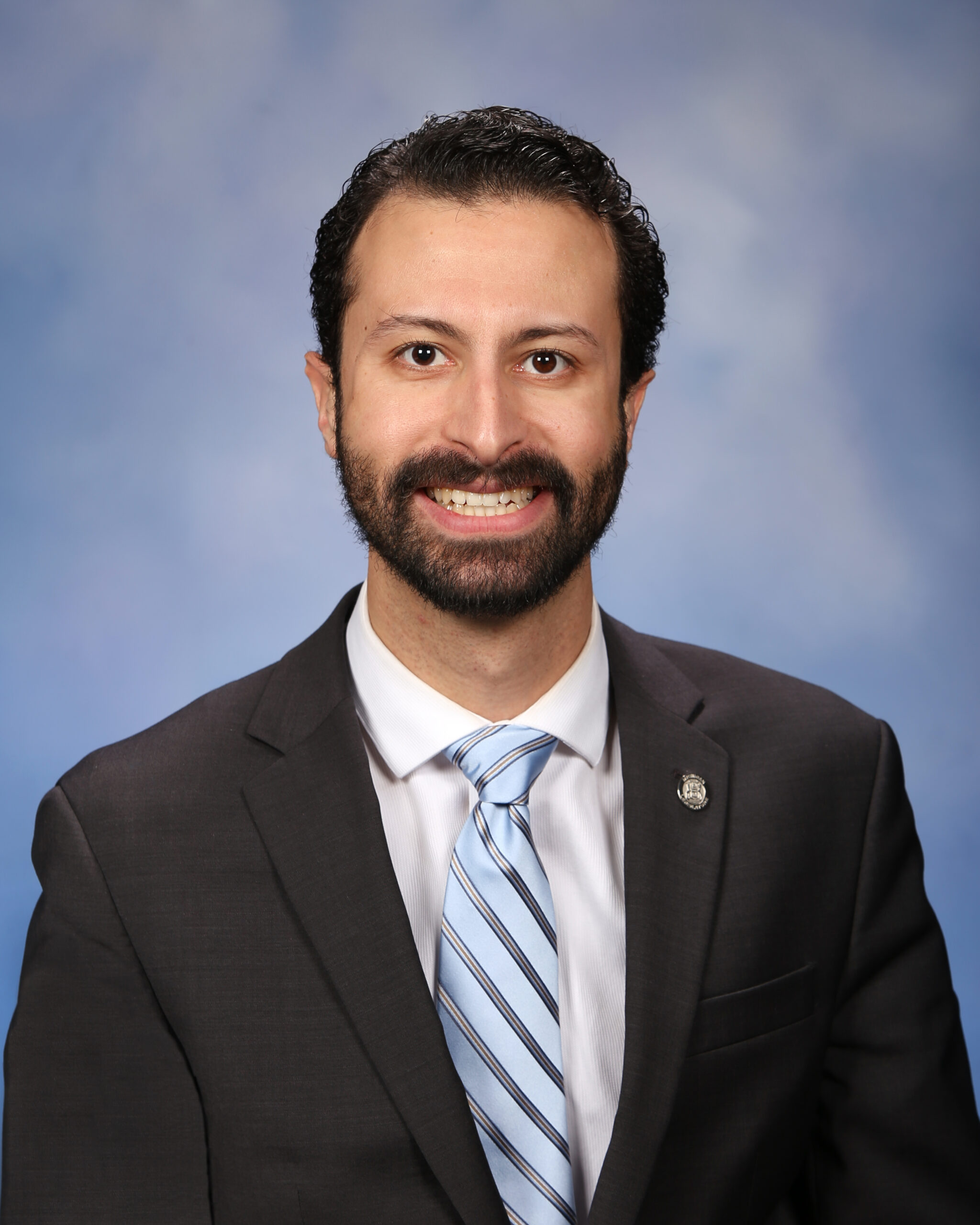LANSING, Mich., Dec. 16, 2022 — As media reports confirm the U.S. Senate is inching closer to passing the landmark Secure and Fair Enforcement (SAFE) Banking Act into law during the closing days of the 2022 legislative session, state Rep. Yousef Rabhi (D-Ann Arbor) introduced bipartisan House Resolution 427 last Tuesday urging the Michigan congressional delegation to enact the bill to boost Michigan’s economy, jobs and public safety.
“The Michigan congressional delegation has done an excellent job helping move the SAFE Banking bill down the legislative field,” Rabhi said. “We now need that final push into the end zone, and Sens. Debbie Stabenow and Gary Peters are well-positioned to do so because of their effectiveness in Washington.”
Under the SAFE Banking Act, federal banking regulators would be required to provide uniform guidelines for cannabis-related business accounts. Depository institutions would also be protected from civil and criminal sanctions for providing financial services to legally operating cannabis firms. Moreover, the SAFE Banking Act will help level the economic playing field, create more job opportunities and incentivize cannabis industry competition.
“While our association has never taken a position on the legalization of cannabis, banks have been asked by the public and by policymakers alike to provide depository services to state legal, licensed entities,” said T. Rann Paynter, president and CEO of the Michigan Bankers Association. “We appreciate the bipartisan House Resolution 427 sponsored by Representative Rabhi urging the Michigan congressional delegation to enact the bill. Without relief from Congress, even financial institutions that have decided not to bank cannabis increasingly find themselves caught in the financial web created by indirect connections to this booming business. Quite simply, it will soon be almost impossible to avoid banking cannabis-related businesses as cannabis grows.”
“From a practical standpoint, the SAFE Banking Act would remove barriers on the financial industry so that Michigan’s legal, medical and adult-use cannabis businesses have full access to banking services every other business in America takes for granted,” Rabhi continued. The representative also noted Sen. Peters signed a letter to the congressional leadership earlier this year pointing out how divergent federal and state cannabis laws undermine economic competition, job creation, regulatory consistency and public safety.
“The people of Michigan have already spoken loud and clear on medical and adult use of cannabis,” Rabhi said. He said the proliferation of cash in the cannabis industry has increased public safety risks in Michigan’s communities because it boosts the probability of robbery and violence, as it has elsewhere. Moreover, the SAFE Banking Act will make transacting business with, and collecting taxes from, the cannabis industry easier.
Said Rabhi, “The bottom line is that the federal government should respect the authority of Michigan and other states that have enacted policies concerning cannabis use.”
“Cannabis policy in Michigan isn’t Republican policy or Democratic policy — it’s state policy,” pointed out state Rep. Graham Filler (R-Clinton County), a supporter of the SAFE Banking bill. “The SAFE Banking Act has many benefits to Michigan’s economy, but I’m especially interested in how passage of the law will make for safer communities, a more efficient banking process and a better business climate. Like Rep. Rabhi, I’m excited SAFE Banking passage is within reach and urge our federal colleagues in Washington to do all they can to make it happen.”
“It is imperative that Congress enact the SAFE Banking Act to ensure a safe, compliant and transparent banking environment for our legal state-licensed cannabis business members,” said Robin Schneider, executive director of the Michigan Cannabis Industry Association. “We applaud Representative Yousef Rahbi and his bipartisan co-sponsors for their many years of advocacy in support of these common-sense banking reforms.”

